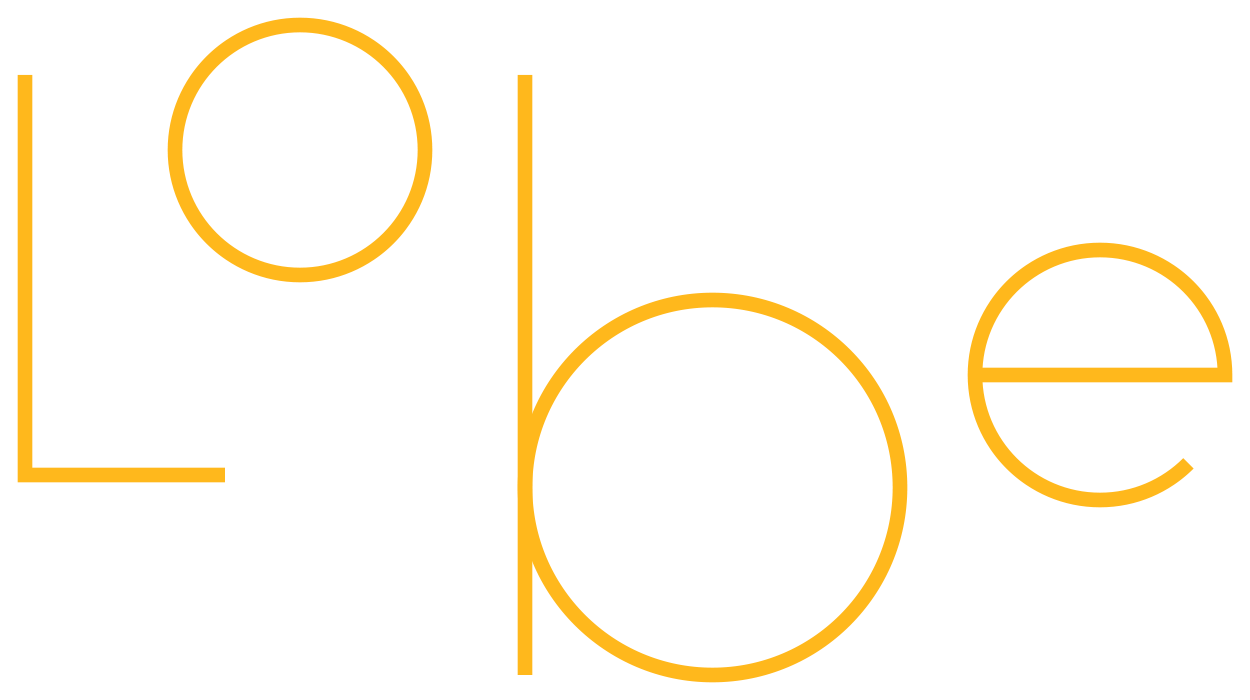Salima Punjani
Artist in Residence | October 2021
Salima Punjani is a multi-sensory artist grounded in relational aesthetics. A common thread through all of her work is the creation of environments that allow for receptivity of connection. She is particularly interested in how multiple senses can be used to expand the possibilities for Disabled people to feel welcome in art spaces as well as to create artful experiences of empathy, intimacy, and connection.
Her recent projects include Will you Pass the Salt? at the Phi Foundation in Montreal which invites people to sit at a dining room table and feel the sounds of 10 households in Montreal cooking and preparing a meal.
The Cost of Entry is a Heartbeat at the Spatial Sound Institute in Budapest that used heartbeat data and thermal bath sounds to create a collective rest environment. Progression, a real-time immersive multisensory installation that explores the narratives of people living with multiple sclerosis fused with brainwaves and MRI scans. Konbit Anba Soley, a participatory, interactive documentary about a social movement in Cité Soleil, Haiti as well as Moms of Montreal, a multicultural photographic storytelling project offering an intimate view into the recipes and stories of families in Montreal.
The Cost of Entry is a Heartbeat
June 8th +11th, 2022
November 3-7th, 2021
Inspired by the global pandemic, The Cost of Entry is a Heartbeat is a curiosity about the process of resocialization that will follow it. The fear, doubt, uncertainty and unpredictability associated with the pandemic can be unsettling to our individual and collective nervous systems. Isolation is encouraged or enforced as a way to keep us safe.
This work invites people to take part in the ritual of collective rest and togetherness through the use of heartbeat data, as the connecting element, combined with sounds recorded in Budapest’s thermal baths. It is an exploration of what it means to come together, again.


